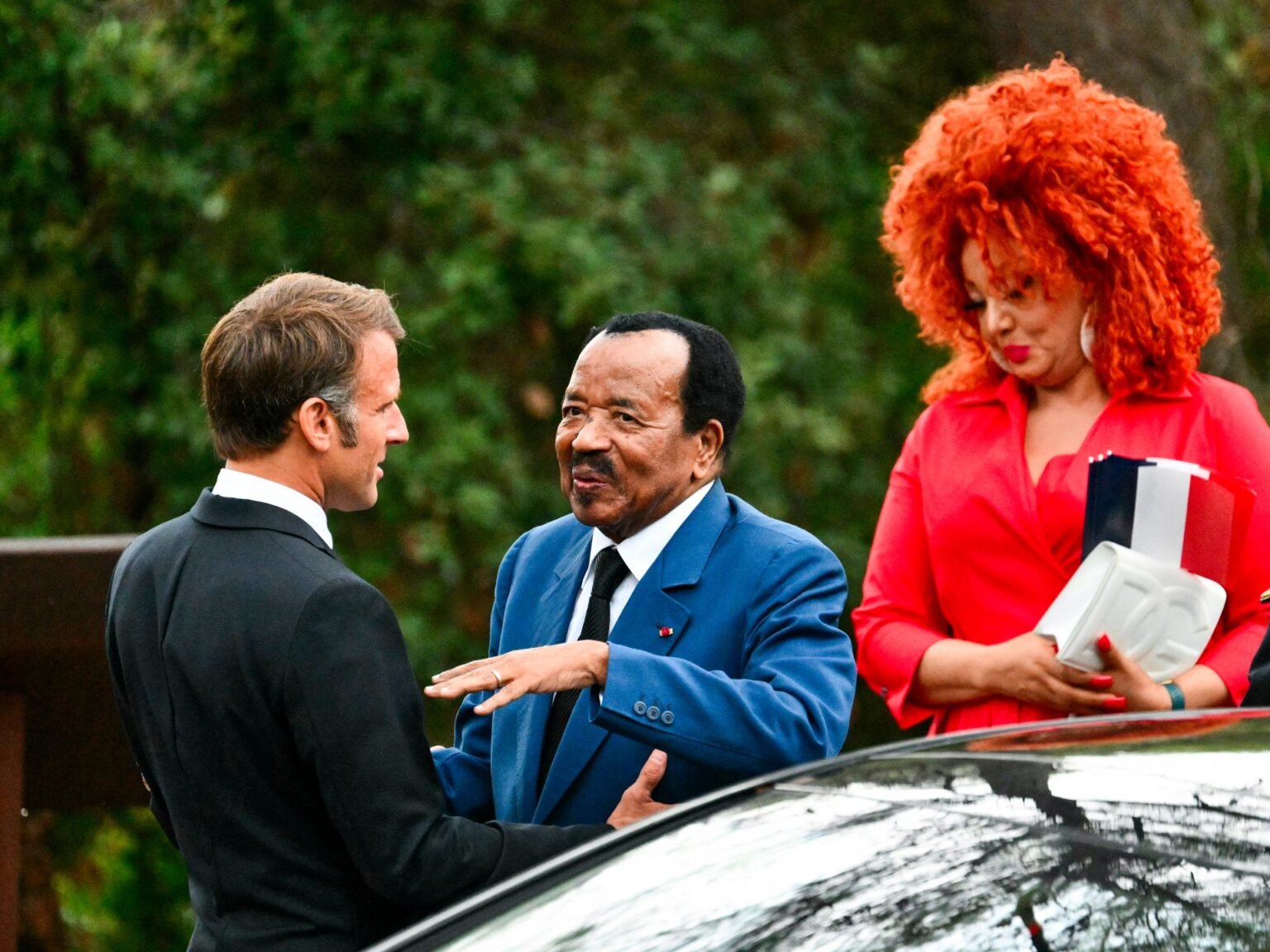Cameroon has banned the media from discussing the health of 91-year-old President Paul Biya, who has not been seen in public since early September. Interior Minister Paul Atanga Nji imposed the ban, stating that any debate on the president’s health was strictly prohibited. The government has set up monitoring cells to track online content regarding Biya’s health, considering it a matter of national security. The ban has been criticized as an act of state censorship, with concerns raised about the lack of transparency regarding the president’s condition.
Despite the ban, speculation about Biya’s health has been circulating through the media and social networks. Government spokesperson Rene Sadi addressed the rumors, denying them as pure fantasy and insisting that Biya is in good health. Sadi claimed that Biya had paid a private visit to Europe after attending the China-Africa summit in Beijing. Critics argue that the public has a right to know about the president’s condition, especially in the absence of clear information and a succession plan in place in the event of his death.
The Committee to Protect Journalists (CPJ) expressed grave concern over the ban on discussing Biya’s health in the media. Angela Quintal, head of the CPJ’s Africa program, criticized the government’s attempt to hide behind national security on such an important issue. The CPJ called for transparency and respect for freedom of the press in Cameroon. The National Communication Council, Cameroon’s media regulator, was not immediately available for comment on the situation.
President Biya has been in power for over 41 years, making him one of the longest-serving leaders in Africa. With no clear succession plan in place, concerns have been raised about the potential political turmoil that could arise if Biya were to pass away. West and Central Africa have seen multiple coups and military attempts to overthrow governments in recent years. Biya’s death could further destabilize the region, which has already been struggling with political unrest and uncertainty.
The ban on discussing Biya’s health has been seen as an attempt by the government to control the narrative and prevent any speculation or unrest. Critics argue that the public has a right to know about the health of their elected leader, and censoring information only breeds mistrust and suspicion. The lack of transparency surrounding Biya’s condition has raised questions about the government’s commitment to openness and accountability. As the situation continues to unfold, calls for transparency and respect for freedom of the press in Cameroon are likely to persist.

